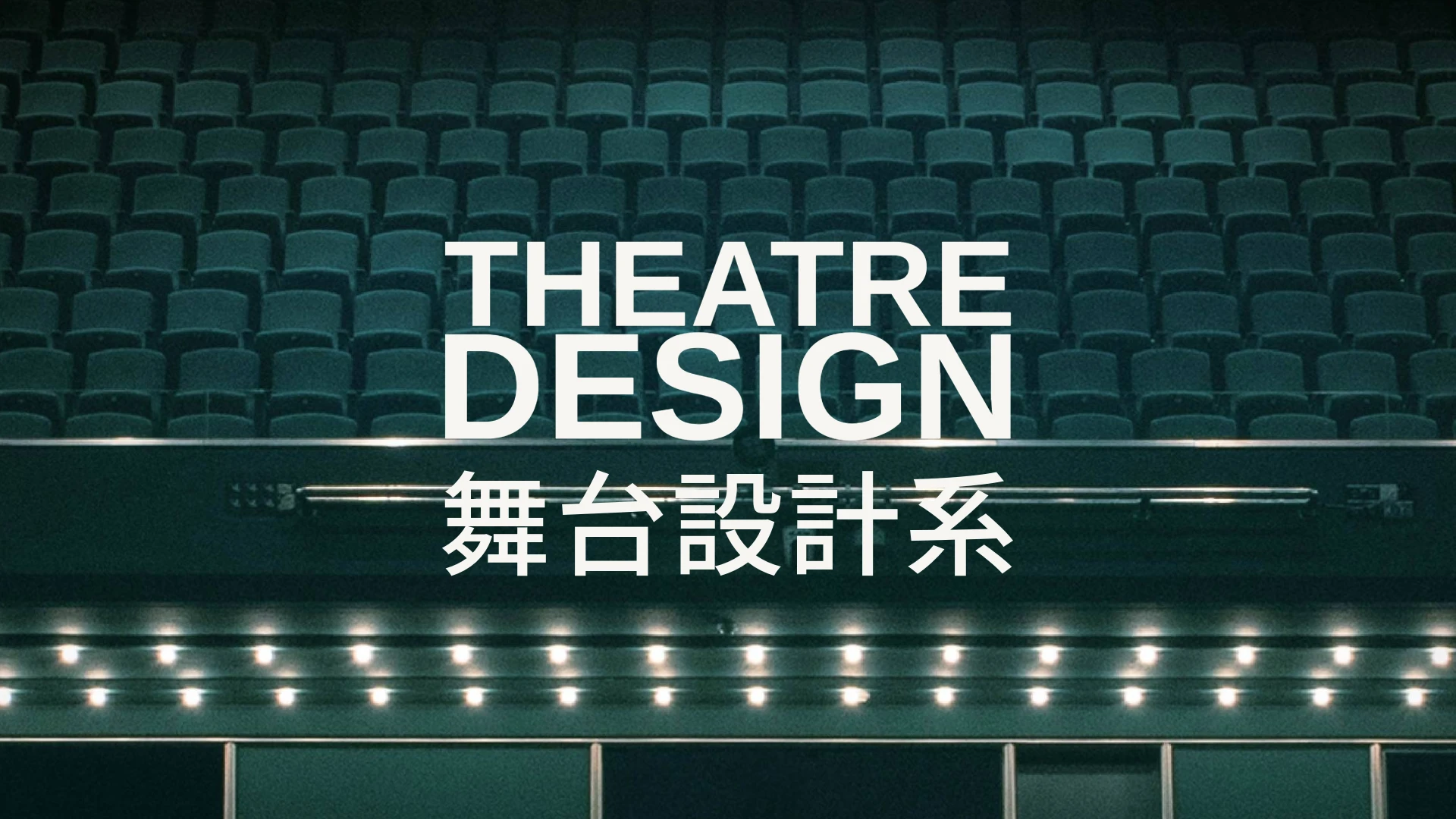Department of Theatre Design

This program aims to equip students with practical skills and competencies representing the best contemporary theatre design. Students will have unique opportunities to realise their work in a professional setting, taught by industry-current lecturers and guest artists. Practical production work is supported by a strong theoretical and contextual understanding of design aesthetics, allowing students to advance as emerging practitioners in areas such as set and costume design, costume technology, property making, and scenic art.
The Set and Costume Design specialisation explores the process of creating environments and characters through the use of set design and costume design. Students will learn to interpret scripts, develop concepts, and create designs that bring the story to life. Through hands-on projects and conceptual projects, students will gain skills in sketching, colour theory, materials, and construction techniques. This comprehensive design course is tailored to provide students with the necessary skills and knowledge to excel in the theatre, film, and television industries.
The Costume Technology specialisation focuses on the practical skills of creating characters through various costuming elements, hairstyling, and makeup. Students will learn to interpret designs and select suitable methods and materials to produce a complete look ‘from page to stage’. Through hands-on projects, students will gain skills in pattern drafting, draping, millinery, fabric dyeing, hair styling and make-up techniques. In addition, the students gain theoretical knowledge in costume history, costume management, and a wide range of independent research. This course prepares the students with essential costuming skills and awareness of the demands in the current entertainment industry.
The Property specialisation provides students with a broad understanding of the prop-making techniques, processes, and materials used in the theatre and film industry. Through hands-on projects and academy productions, students will have the opportunity to explore various areas such as woodwork, metalwork, sculpting, moulding, casting, digital fabrication, upholstery, prosthetics, and mechanical prop-making. The course aims to equip every student with a well-rounded prop-making skill set whilst simultaneously fostering the advancement of personal interests, unique abilities, and creativity.
Scenic Art specialisation offers students a practical approach to learning. The program encourages exploration and development in a wide range of painting and surface finishing skills for use in professional live performance. Through specific studies of painting theory and technique, the course encourages experimentation, independent research and critical thinking. This fully comprehensive approach aims to equip students with the creative and technical skills that are essential for their success in related disciplines such as film, television, themed environments and fine arts.
The Spatial Design specialisation investigates the relationship between architecture, objects and performers in Design. By exploring the narrative qualities and possibilities of these elements, students discover how Design could shape and transform a live performance. This study pathway uses traditional theatre production as a starting point, examining contemporary/non-traditional performance practices such as immersive, participatory, site-specific or even experimental theatre.
Students are encouraged to bring artistic qualities from other related disciplines, such as fine arts, architecture, film, fashion, jewellery, digital technologies, etc., to explore and generate performances and scenographic experiences.
The Wearable Art specialisation focuses on creating Wearable Arts within a narrative context. Students will study the fundamentals of costume by creating forms, moulding shapes, controlling volume and surface treatments. Students are also encouraged to integrate with other disciplines such as fine arts, fashion, jewellery, installation, sculpture etc. and discover the dramatic and narrative context. Through collaboration with other performing artists, and by conducting practical experiments, students are expected to push the boundaries of the subject of costume beyond its established role.